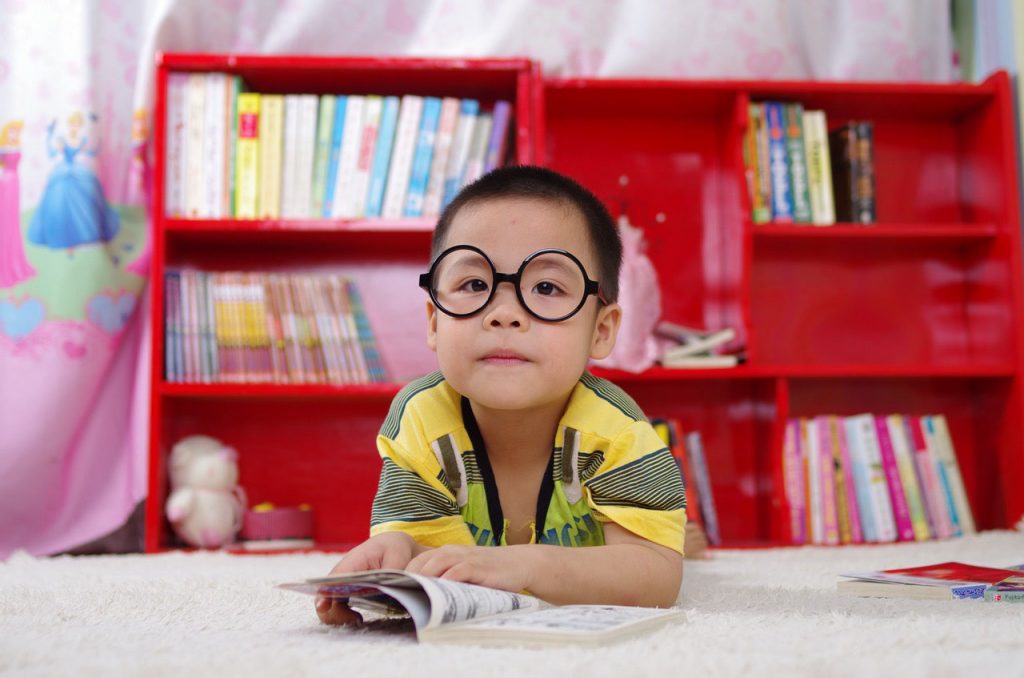The most important part of your preschoolers’ day in your early learning environment is when they are free to explore and play in the space you have provided. Play Time! Play is the richest platform for learning. Children learn more during free play time then they do during any other time of day. In addition…
Read more »
Setting up an Early Learning Environment for Preschoolers









